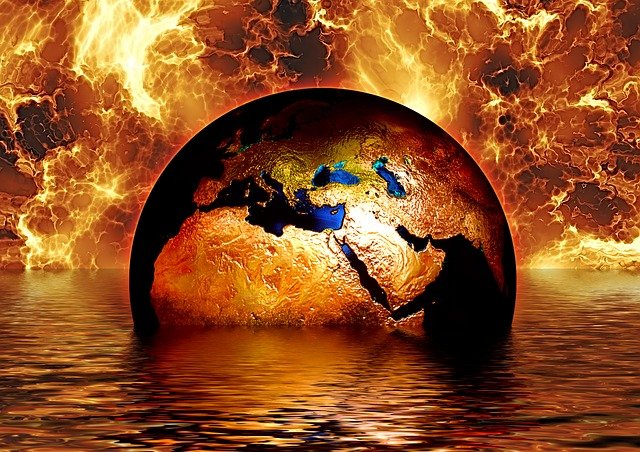Join E3, Trinity College Dublin for an engaging panel discussion featuring distinguished academics exploring how academia can drive global climate action.
Taking place on Oct 24, 2024 13:00.
The panel will delve into the impacts of climate change and propose actionable solutions, focusing on multidisciplinary approaches that engage with policy, technology, community-based interventions, and future research directions.
Featured Speakers: Dr. John Gallagher Course Director, Climate Adaptation Engineering Prof. Brian Caulfield Professor in Transportation Dr. Silvia Caldararu Assistant Professor, Botany Prof. Anna Davis, (Geography) Raquel Cabral Harper, Executive Director at the Co-Centre for Climate + Biodiversity + Water
This event promises to be a thought-provoking opportunity to gain insights into the vital role that academic research and innovation play in addressing the climate crisis. Don’t miss out on this chance to participate in the conversation and contribute to global climate action.
Register here
E3 at Trinity College Dublin expands STEM education, research, and innovation for sustainable technological advancement.
Climate And Environment In The Pre-Modern World
Trinity College Dublin
Climate history is a rapidly evolving field of study that aims to: firstly reconstruct climate conditions over past centuries and millennia; and secondly understand how societies perceived and responded to changing climates and extreme weather. These aims can be best achieved by combining evidence from natural and human archives.
In this module we will examine the historical development of natural archives such as tree-rings and ice-cores and introduce how they can be used to reveal past climate variations. We will then examine how this information can be combined with evidence from human archives, including written and archaeological records, to understand the social impacts of climate change and extreme weather.
In doing so, we will draw upon case studies of major episodes of climate change in areas such as ancient Egypt, Babylonia, the ancient American Southwest, medieval Ireland, Japan, China, and beyond. We will examine the role explosive volcanic eruptions and rapid changes in the Sun’s output of energy played in causing extreme weather (that was often accompanied by major human impacts such as famine, disease and conflict), before studying how these societies adapted to these changes.
You may apply online or by phone* as follows:
ONLINE: You may register and pay by credit/debit card online at www.historieshumanities.tcd.ie/shortcourses AFTER enrolments open for each term.
By telephone: Please text ‘APPLY FOR COURSE’ to 087 2572015* and you will receive a call back from us.
Please check the School of Histories and Humanities website for updates on this course at: www.histories-humanities.tcd.ie/shortcourses/












Comments